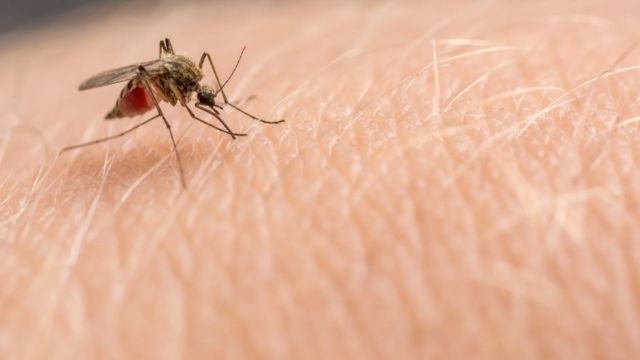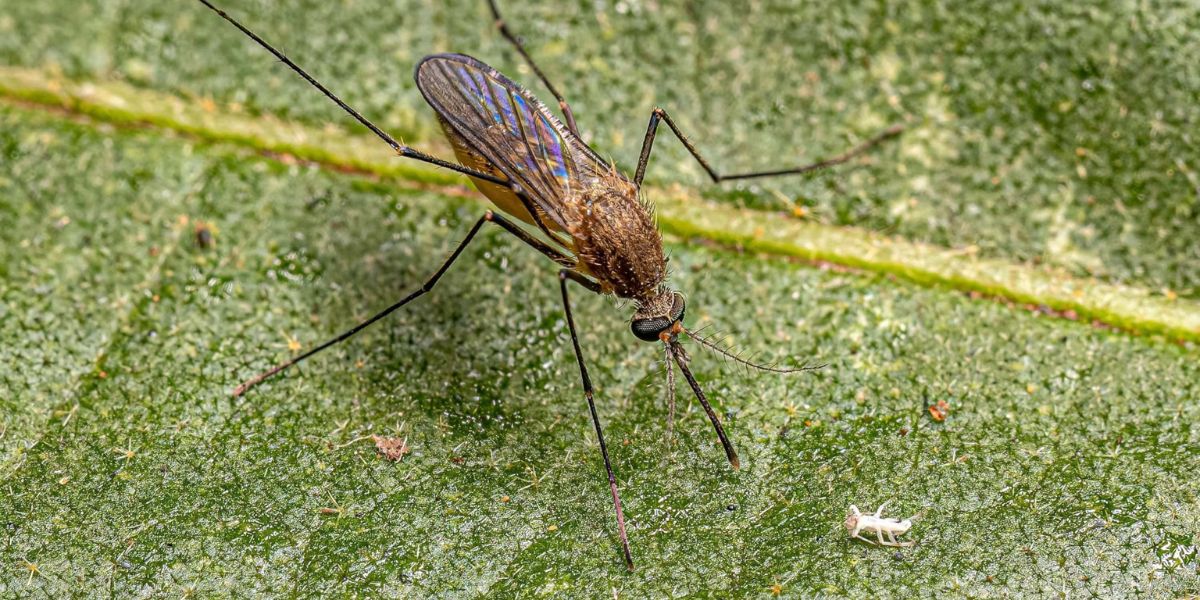Alabama Sees Initial Case of Rare Blood-Borne Mosquito Virus, Joining Florida in Outbreak
DOTHAN, Alabama –
According to the CDC, Dengue, a virus spread by mosquitoes, has already been detected in Alabama as well. The number of cases nationwide during the first half of 2024 has surpassed that of 2023.
According to the investigation, the blood-borne virus only infected individuals from Alabama and Georgia when they were traveling outside of the nation. Even those with exciting summer plans may need to worry, too, as dengue has now been discovered to have spread locally around the Miami area.
Dengue fever usually manifests two weeks after an infected mosquito bite and lasts for two to seven days. Symptoms include nausea, vomiting, rashes, or pain behind the eyes, muscles, joints, and bones.

It was once thought that dengue had been eradicated from the United States decades prior. From 1934 until 2009, there was not a single record of the virus being locally acquired in Florida; nevertheless, every year since then, Florida has witnessed an increasing number of cases of this infection.
One patient tested positive for locally acquired dengue in Miami-Dade County in May of this year, out of the 145 people the CDC has diagnosed with the disease in Florida.
SEE MORE – New Jersey’s Sleepless Nights: The Statewide Battle Against Bed Bugs
Since April, Miami-Dade has been under a Mosquito-Borne Illness Alert, and several counties have received a Mosquito-Borne Illness Advisory from the Florida Health Department.
Patients who think they may have contracted the blood virus should consult a doctor first, but they can manage their pain at home with over-the-counter medications like acetaminophen.
Aspirin, ibuprofen, and other non-steroidal anti-inflammatory medications (NSAIDs) must be strictly avoided because they raise the risk of bleeding. Hospitalization is required if the dengue is severe.
Dengue is closely related to the viruses that cause West Nile and Chikungunya fever, and it also infects humans through mosquito bites.
A person has never shared dengue with another person, even though they may contract each of the four kinds of the disease more than once in their lifetime.
The advice in Florida Health’s YouTube video can help travelers and locals alike avoid dengue and other mosquito-borne illnesses when visiting tropical or subtropical regions (such as Africa, Asia, the Caribbean, Central America, and South America) or living in areas with a lot of mosquitoes!
Though infected mosquitoes are still present, the Florida Health Department has proposed that the country’s lifestyle choices—such as regular use of air conditioning, screened windows, and indoor activities—may be contributing to our low case numbers when compared to other dengue-affected nations.










